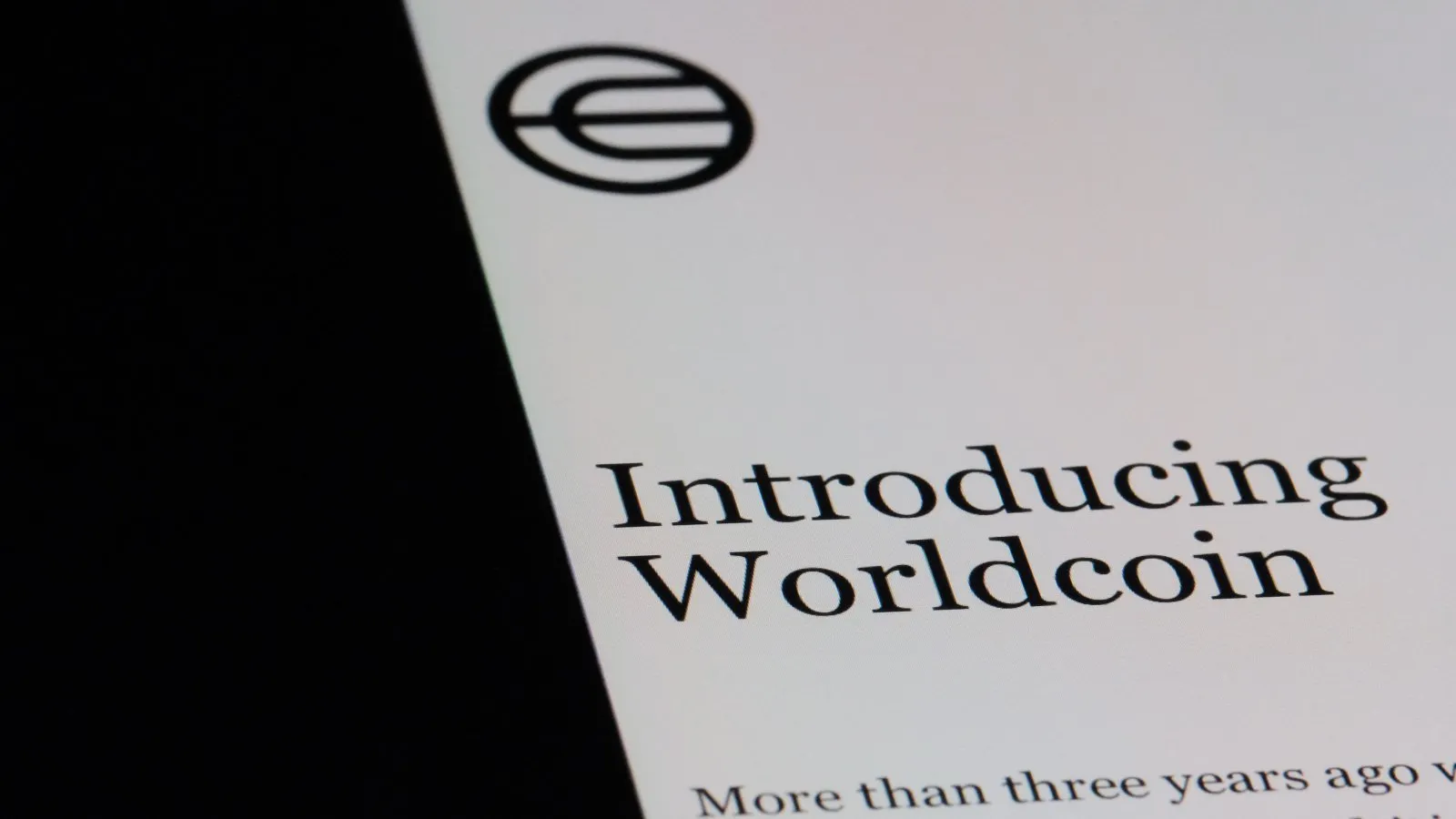European regulators are stepping up their inquiries into Worldcoin—with France and Germany becoming the latest countries to investigate the controversial crypto project.
Co-founded by OpenAI's Sam Altman, Worldcoin has embarked on an ambitious drive to scan the irises of millions of people—giving them a "digital passport" in return.
The project claims that these World IDs will be crucial as artificial intelligence becomes more influential, and allow humans to prove they aren't robots.
"The legality of this collection seems questionable, as do the conditions for storing biometric data." the French privacy watchdog CNIL told Decrypt in an email on Friday.
CNIL officials said the agency began an investigation and is now coordinating with the Bavarian state authority in Germany.
On Tuesday, Britain's Information Commissioner's Office had also confirmed to Decrypt that it was "making enquiries"—not least because organizations need to perform a Data Protection Impact Assessment before they begin to collect such "high risk" information.
Even heavyweights in the crypto space have sounded the alarm. Earlier this week, Ethereum co-founder Vitalik Buterin warned Worldcoin has "major issues"—and iris scans could inadvertently expose a person's sex, ethnicity, and maybe even their medical conditions.
"Data breaches happen all the time, and people get hurt," academic and author Pete Howson told Decrypt. "But when biometric data gets leaked, especially in the poor countries where Worldcoin’s been operating, people’s lives are on the line."
Undaunted by the regulatory pushback, Worldcoin's orbs—the hardware that scans the iris—remain available in each of these countries. Two are based in Britain, one in France, and two in Germany.
Amid speculation that consumer interest in Worldcoin has been tepid to say the least, Altman claimed there have been "crazy lines around the world," with one person getting verified every eight seconds.
https://twitter.com/sama/status/1684297687708098565
But doing the math, this suggests it'll take decades to achieve mass adoption. Assuming verifications continue at their current rate, it would take five years to register 19.6 million people… that's 0.00245% of the population.
Worldcoin recently declared that it's planning to substantially increase the number of orbs in major cities as the year progresses—meaning it'll have five times more capacity for sign-ups.
And on the issue of privacy concerns, the project told Decrypt earlier this week: "The Worldcoin Foundation complies with all laws and regulations governing the processing of personal data in the markets where Worldcoin is available, including the General Data Protection Regulation (GDPR) and the UK Data Protection Act."
The company reached out on Friday to add: "The project will continue to cooperate with governing bodies on requests for more information about its privacy and data protection practices."
It added that a "rigorous" Data Protection Impact Assessment has been performed in the U.K. with the help of a top-tier law firm, and it will be "responding timely to individual requests to delete their personal data."
Editor's Note: This article was updated to add commentary from Pete Howson and an updated statement from Worldcoin.

